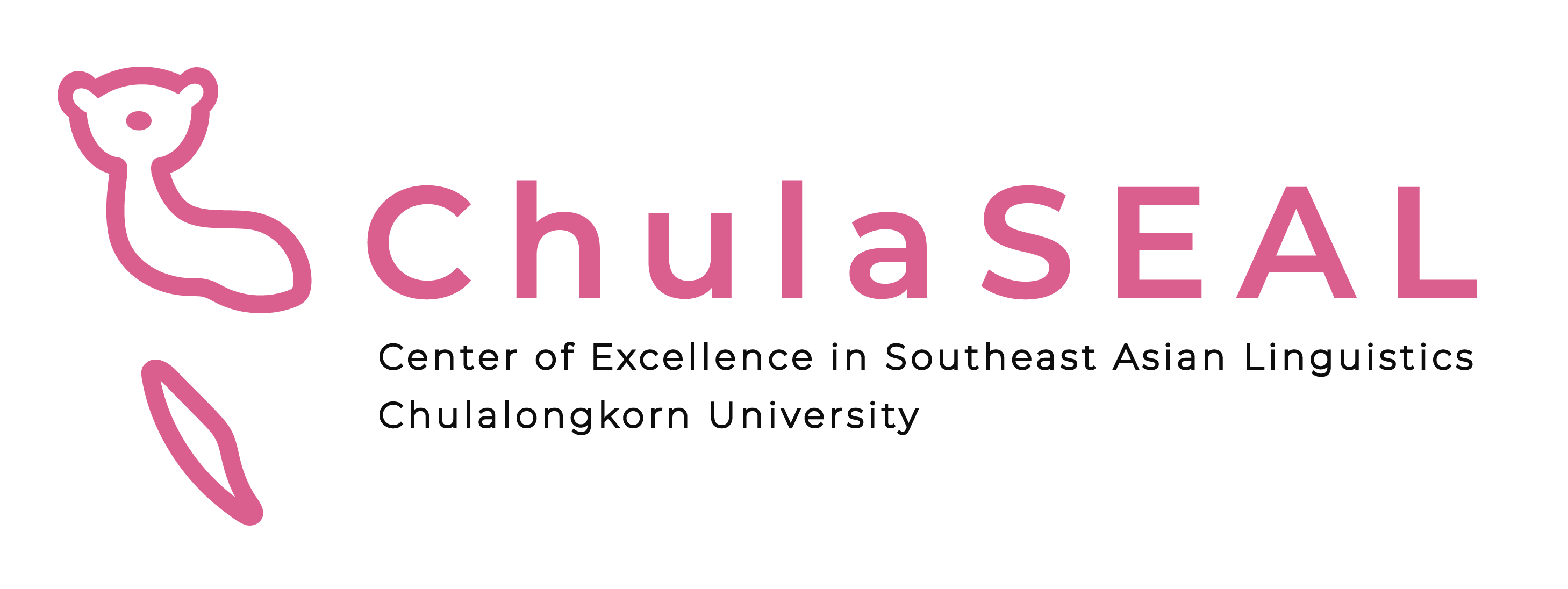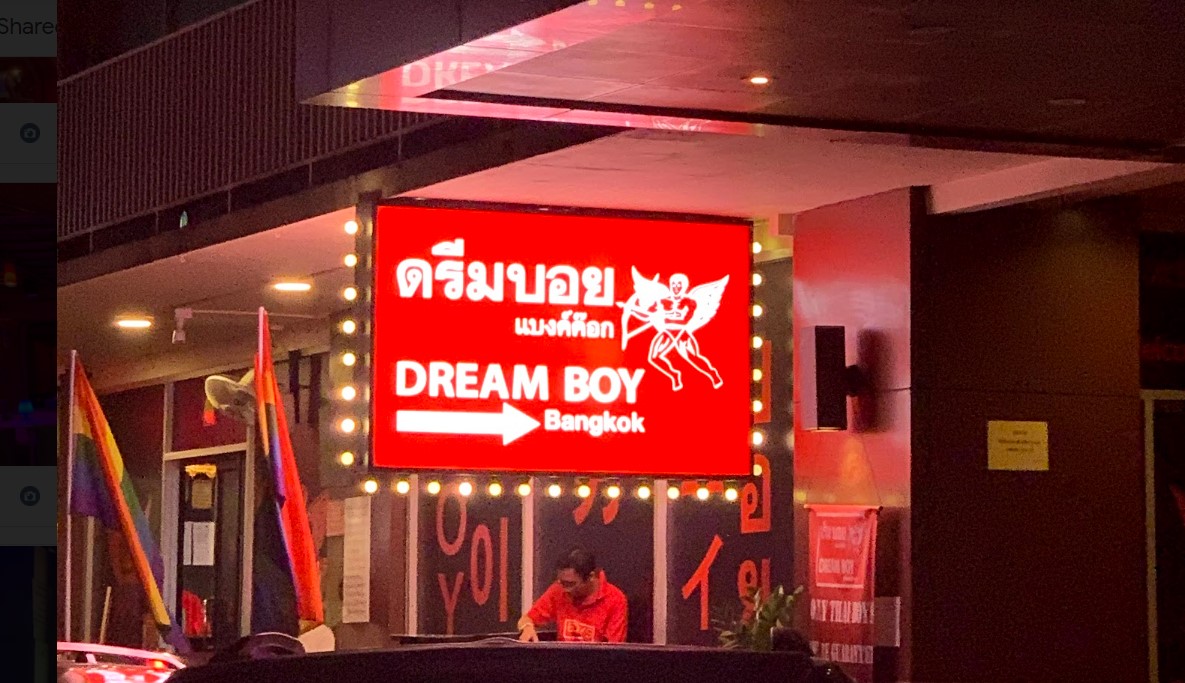Gender and sexuality have gradually become the focus of more semiotic landscape research, however, studies relating specifically to sex tourism spaces are limited and with those in the Thai context even more so. Therefore, this paper examines the discursive construction of Phatphong 2, one of the famous destinations for sex tourism in Bangkok among male homosexuals, as queer space. Drawing on code preference and inscription (Scollon and Scollon 2003) and visual social semiotics (Kress and Van Leeuwen 1996), we analyze the linguistic and semiotic resources in sexed signs. Findings reveal that Englishization, particularly the terms “boy” and “Bangkok” in shop signs, creates a glocalized and international queer identity for Phatphong 2. The salience of the lean male muscular body and marginalization of transwomen in promotional signs unveil the hegemonic masculinity in queer sex tourism spaces. The study concludes that sexed signs in sex tourism spaces are semiotic aggregates of global queer culture.
“Dream Boy” and “Hotmale”: The Semiotic Landscape of Queer Space in Bangkok
ChulaSEAL author(s):
APA: Santos, J. A. L., & Saisuwan, P. (2023). “Dream Boy” and “Hotmale”: The Semiotic Landscape of Queer Space in Bangkok. Manusya: Journal of Humanities, 26(1), 1-22.
DOI:

